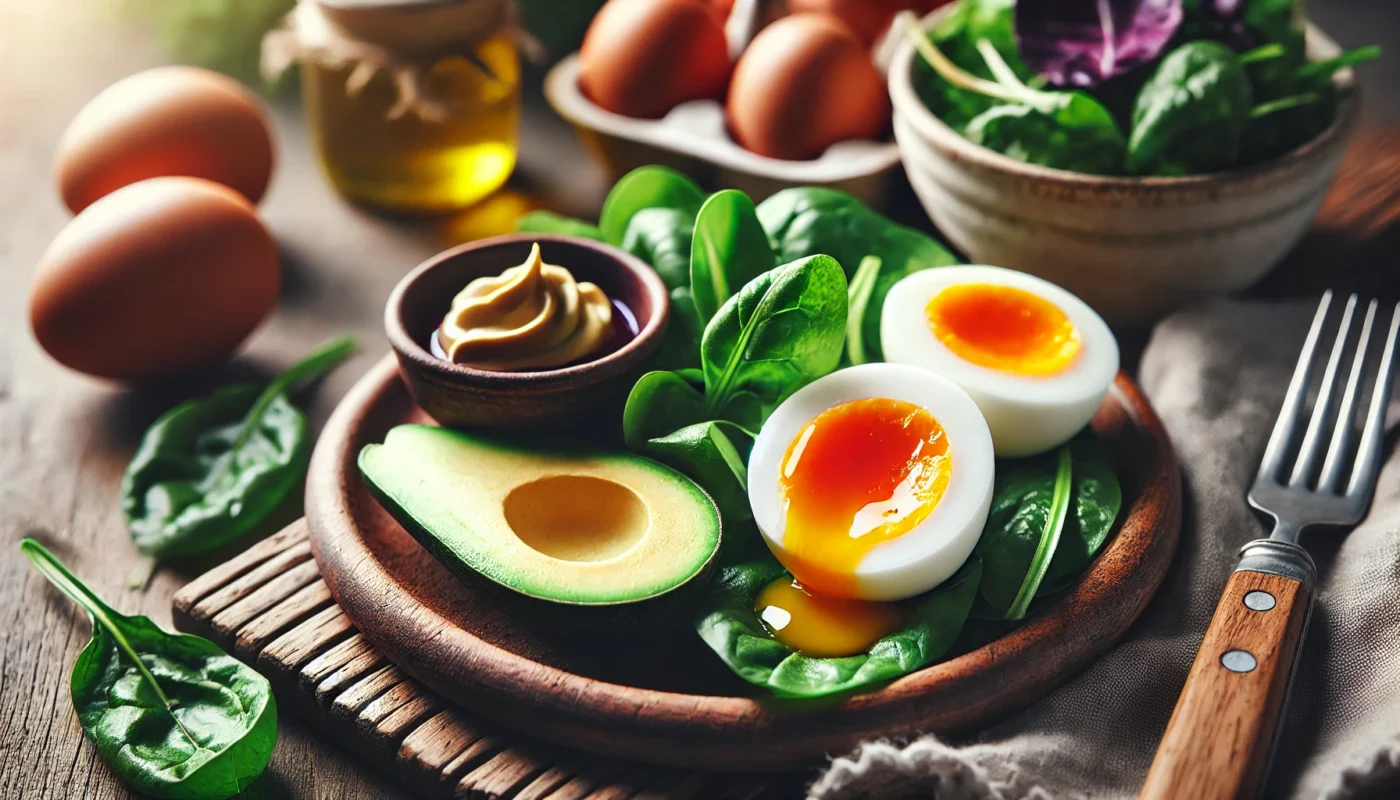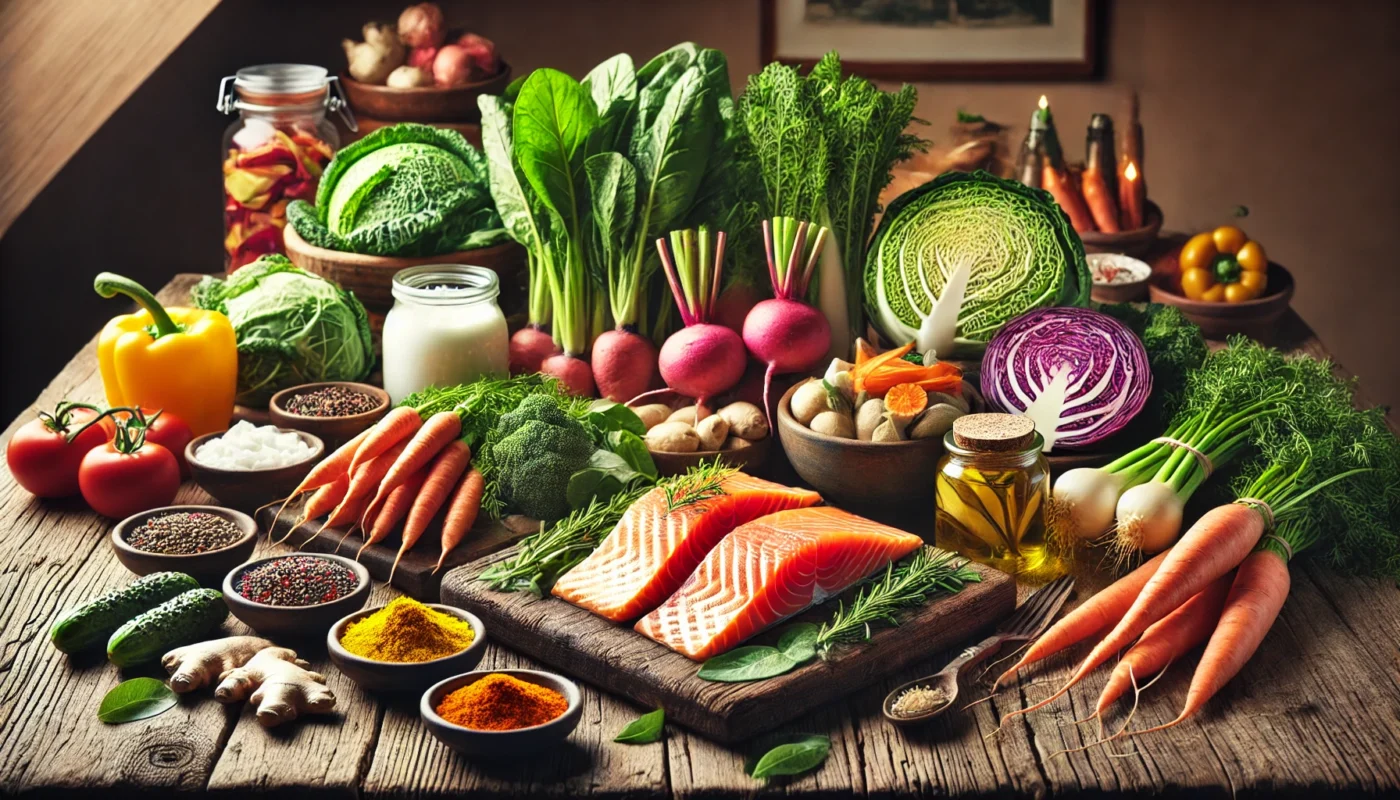Autoimmune diseases are complex and often challenging to manage, leaving many individuals seeking alternative solutions to alleviate symptoms and improve their quality of life. While conventional medicine offers various treatments, natural supplements can provide a complementary approach to managing autoimmune conditions. In this article, we will delve into the benefits and considerations of using natural supplements for autoimmune condition relief, helping you make informed decisions on your wellness journey.
Tag Archives: Nutrition
Inflammation is a natural immune response that plays a critical role in healing and defending the body against foreign invaders. However, when inflammation becomes chronic, it can contribute to various health issues, including arthritis, heart disease, and even cancer. As interest in dietary strategies to manage inflammation grows, yogurt has emerged as a food of interest due to its potential anti-inflammatory properties. But does yogurt really help with inflammation, or could it exacerbate it? Let’s delve into the scientific evidence to better understand yogurt’s role in inflammation.
When managing autoimmune conditions, nutrition plays a pivotal role. The debate around eggs in the context of autoimmune diseases is ongoing, with questions such as: “Why are eggs bad for autoimmune disease?” and “Are eggs really detrimental to autoimmune health?” surfacing frequently. In this article, we will explore the nutritional benefits of eggs, assess their impact on autoimmune diseases, and provide practical advice for those considering incorporating eggs into their diet.
Autoimmune diseases occur when the immune system mistakenly attacks the body’s own tissues, leading to inflammation and damage. Common conditions include rheumatoid arthritis, lupus, and multiple sclerosis. The exact causes of these diseases are not fully understood, but it is believed that a combination of genetic and environmental factors plays a role.
Sunburn is essentially an inflammatory reaction to ultraviolet (UV) radiation damage to the skin’s outermost layers. This damage is not only painful but can also lead to long-term consequences such as premature aging and an increased risk of skin cancer. The body’s natural response to sunburn involves increased blood flow to the affected area, which leads to the redness and warmth associated with sunburn.
Before diving into the list of top clinics, it’s essential to understand the nature of back pain and the spectrum of treatments available. Back pain can range from a dull, constant ache to a sudden, sharp pain that makes movement challenging. It can result from various factors, including poor posture, muscle strain, herniated discs, or even more severe conditions like spinal stenosis.
Narcotics, also known as opioids, are a class of medications commonly used to manage moderate to severe pain. They work by binding to specific receptors in the brain, blocking pain signals and altering the perception of pain. While effective, narcotics carry a risk of dependence and side effects, necessitating careful monitoring by healthcare providers.
Back pain can stem from various causes, including poor posture, sedentary lifestyle, injuries, or underlying medical conditions such as herniated discs or arthritis. It’s not just about the physical discomfort; chronic back pain can also lead to psychological stress and impact your overall quality of life. Understanding the root causes of your pain can help in selecting the most appropriate treatment strategy.
Pain clinics are specialized medical facilities focused on diagnosing and managing chronic pain. Unlike general healthcare providers, these clinics are equipped with a multidisciplinary team of healthcare professionals, including pain specialists, physical therapists, and psychologists, who work collaboratively to address complex pain conditions. By bypassing the need for a referral, patients can access targeted pain management without delay, ultimately enhancing their quality of life.
Pain management is a multifaceted approach that aims to reduce discomfort and improve quality of life for individuals experiencing pain. It involves a combination of medical, physical, and psychological therapies tailored to the individual’s specific needs. Pain specialists are healthcare professionals trained in diagnosing and managing various types of pain, from chronic conditions to acute injuries.










